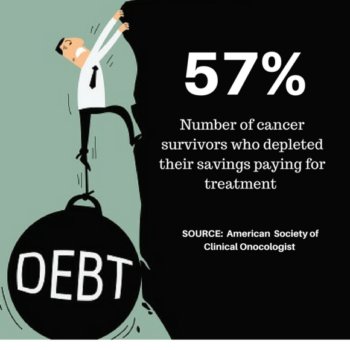After two months in the hospital and a month in rehab for a shattered ankle, the result of a tumble down the attic stairs, Tina Jordan was home recuperating on the couch when the bills started pouring in.
“I started to put them in a binder. Before too long, I was looking at $1 million,” said Tina. That was in addition to what was paid by two “gold-plated” health insurance plans she and her husband had through their jobs.
Panic set in, she said. But with little else to occupy her, the magazine editor decided to attack it with her journalistic skills, researching options and reaching out to decision-makers.
“I had nothing else to do. I was lying on the couch with my foot up. I called the insurance company to find out how the appeal process worked,” she said.
Her first appeal was denied, as was her second and third. Panic turned to frenzied fear.
“They said the third appeal was the last, but that wasn’t true,” she said. New York, like many states, has a state insurance department that offered an external appeal process.
“I had to appeal every bill,” she said.
She reached out to her elected officials and found a sympathetic ear in her state rep. She hired a mediator to scour the bills for errors.
“He found a ton, all in my favor,” she said.
She wrote letters to her doctors, asking them to forgive the debt.
“That worked with some of the doctors, actually.”
And she applied for financial assistance offered through the hospital, which she surprisingly qualified for, even though she and her husband make a decent combined salary.
“After not sleeping because it’s so stressful, most of the external appeals were settled in my favor,” she said.
Still, she wound up paying $40,000 out-of-pocket. “But not $1 million,” she said.
“What if I were old, really sick or English wasn’t my first language? Hospitals gouge people with insurance, sending them bills and hoping they’ll pay without arguing,” she said.
She advises anyone facing large medical debt to have a good system for keeping track of bills, find a patient advocate or benefits provider who can help, talk to the hospital social worker and “explore every option, not just talking to the billing office. Write a letter to the doctor. When all else fails, contact an elected official. My state rep was most helpful. She has a reputation for being diligent and caring and has a great staff.
Take copious notes and make those calls. It seems daunting but chip away at it. I vowed to make one call a day,” she said.



